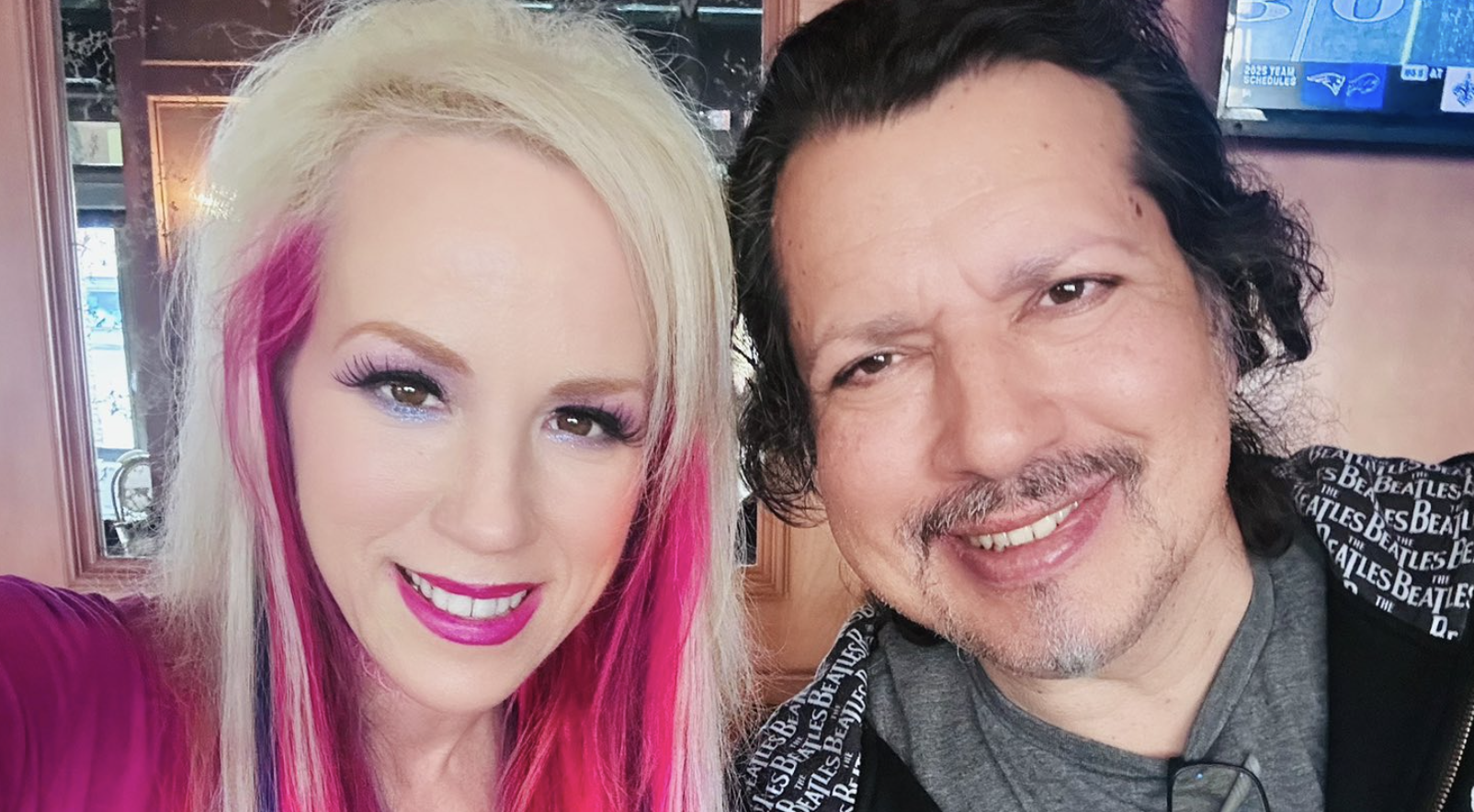Las Vegas is a city known for bright lights and entertainment, but beneath its glittering surface lies a darker reality. Annie Lobert knows that reality firsthand. Once trapped in the grip of sex trafficking, Annie is now a warrior for women in crisis, boldly leading the charge to rescue and restore those still shackled by exploitation. She is the founder of Destiny House, ministries under the umbrella of Pink Chair, a faith-based nonprofit that reaches into the darkest corners to set captives free.
Rather hear the conversation?
Annie’s story begins in a broken home, scarred by abuse and addiction. Her father, a former Air Force serviceman, was discharged due to alcoholism. At home, Annie witnessed her mother being beaten and learned early on to survive in silence. “We were told we were no good,” she recalls. It was a foundation of rejection, one that traffickers prey upon.
In her teenage years, a night out with a friend—driven by a desire to escape anxiety and chase excitement—led Annie into a trap. “We had fake IDs. We were drinking illegally. And then two men in furs walked up to us. They were pimps,” she says. One offered her friend a lavish lifestyle, promising diamonds and a trip to Hawaii. What awaited them in Waikiki wasn’t paradise—it was the first night of prostitution.
What began as a one-time act quickly spiraled into a lifestyle of abuse, manipulation, and captivity. “Trafficking doesn’t discriminate,” Annie says. “It goes after whoever is available—especially those looking for love and validation.”
For over a decade, Annie lived as a high-end escort, trapped in what seemed like luxury but was laced with violence and control. Her trafficker beat her, broke her bones, locked her in rooms, and stole every dollar she made. “I had two black eyes, broken ribs, a concussion. I was his prisoner,” she says. Repeatedly trying to escape, she was kidnapped back time and again.
Eventually, addiction added another layer to her bondage. "I had never done drugs until after someone rescued me," Annie shares. "I got hooked on cocaine and almost died."
August 2, 2003. Annie calls it her "dead date"—the day the devil tried to take her life. Overdosed and desperate, she cried out, “Jesus, I don’t want to die.”
And Jesus showed up.

That night marked a radical turning point. Annie gave her life to Christ, and she never looked back. Though trials would follow, including cancer and trauma recovery, Annie's life was forever changed. “I've never walked away from Him since,” she says.
God gave Annie a vision: to go back to the very places she was once enslaved and bring others out. She began by inviting trafficked women into her home. That vision grew into Destiny House—a safe refuge where survivors are loved, restored, and equipped to dream again.
“Dream again. Deliverance from trauma. Discover who you are. Design a new life. Develop into a world-changing, godly woman. That’s what Destiny House is about,” Annie explains. Today, the home offers 24/7 care and practical resources for healing and rebuilding.
Annie challenges the stereotypes of trafficking victims. “I wore designer clothes. I didn’t look lost. I walked with my head held high,” she says. Trafficking isn’t always about chains and basements. Often, it’s invisible—a prison of manipulation, coercion, and fear.
She teaches people to look deeper. “Watch for someone who seems out of place, who looks over their shoulder constantly, who doesn’t engage or speak for themselves. Watch their tattoos—branding marks. Pimps often tattoo their victims.”
Today, Annie warns of how traffickers prey on loneliness through phones and social media. “Why are we giving kids smartphones with no oversight?” she asks. “Traffickers DM them, compliment them, offer gifts. It starts with attention and ends in exploitation.”
She urges parents to be present, to monitor online activity, and to fill the emotional gaps traffickers seek to exploit.
“Educate yourself,” Annie urges. “Learn what trafficking really is—how it uses force, fraud, or coercion. Understand that it’s modern-day slavery.”
She calls on the Church to stop judging and start loving. “These women aren't homewreckers. They’re being trafficked. They’re victims. They’re precious to God.”
She also calls out the demand side. “To the man looking for a ‘date’: Would you want your daughter treated like this? You think you’re helping her by paying her? You’re funding her slavery. You’re her buyer.”
Annie has now been married for 16 years to Oz Fox, guitarist from the Christian band Stryper, who treats her with love and dignity. She runs Annie’s Pink Chair podcast and continues to lead outreaches in Las Vegas.

Looking back, Annie says the survivors she helps have changed her more than she ever expected. “I thought I was going to bless them—but they changed me. They broke my heart. They taught me compassion. They made me more like Jesus.”
Annie Lobert’s story is one of impossible redemption. It reminds us that no one is beyond God’s reach, that the darkest pasts can become beacons of light, and that every life is worth rescuing.
